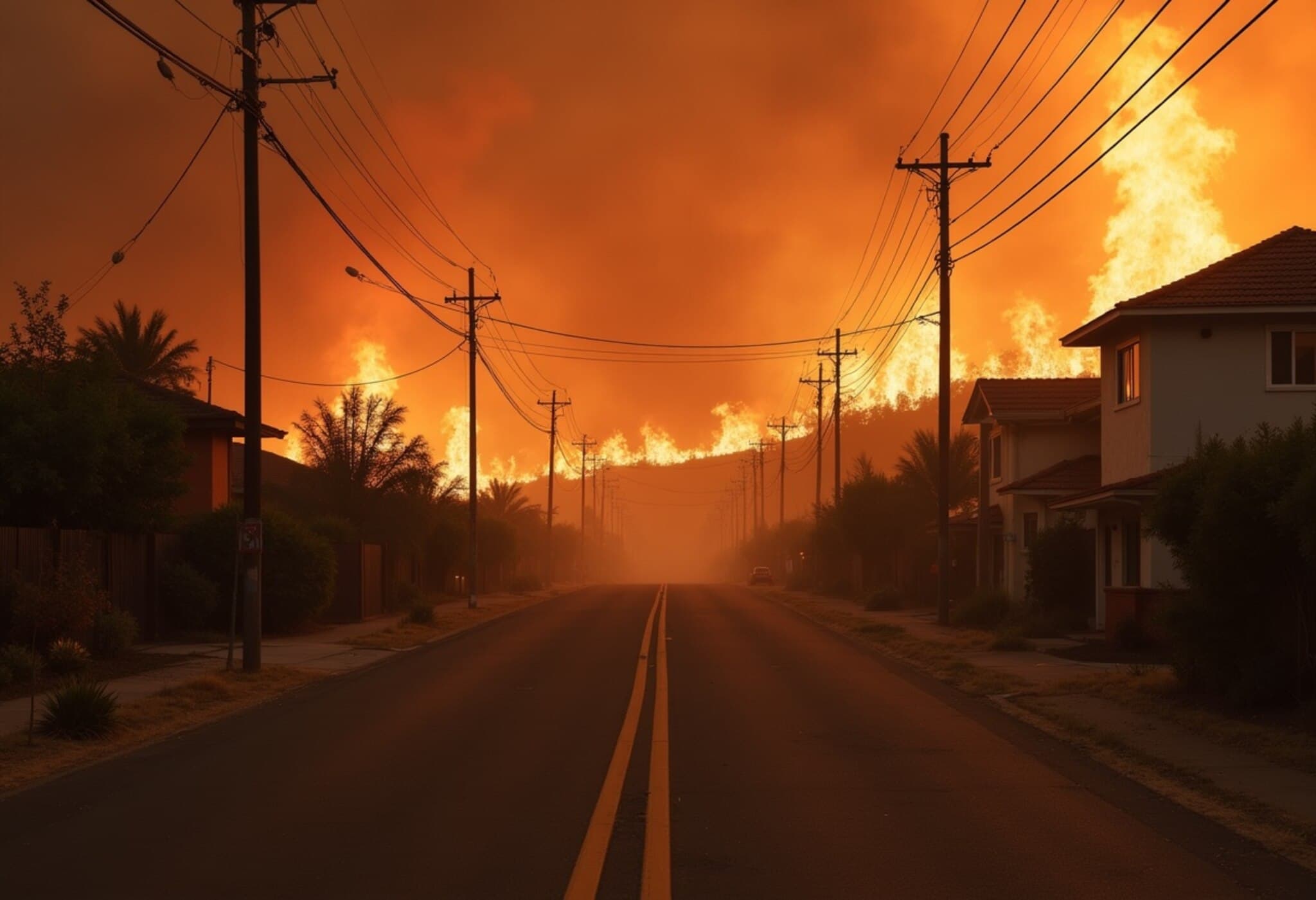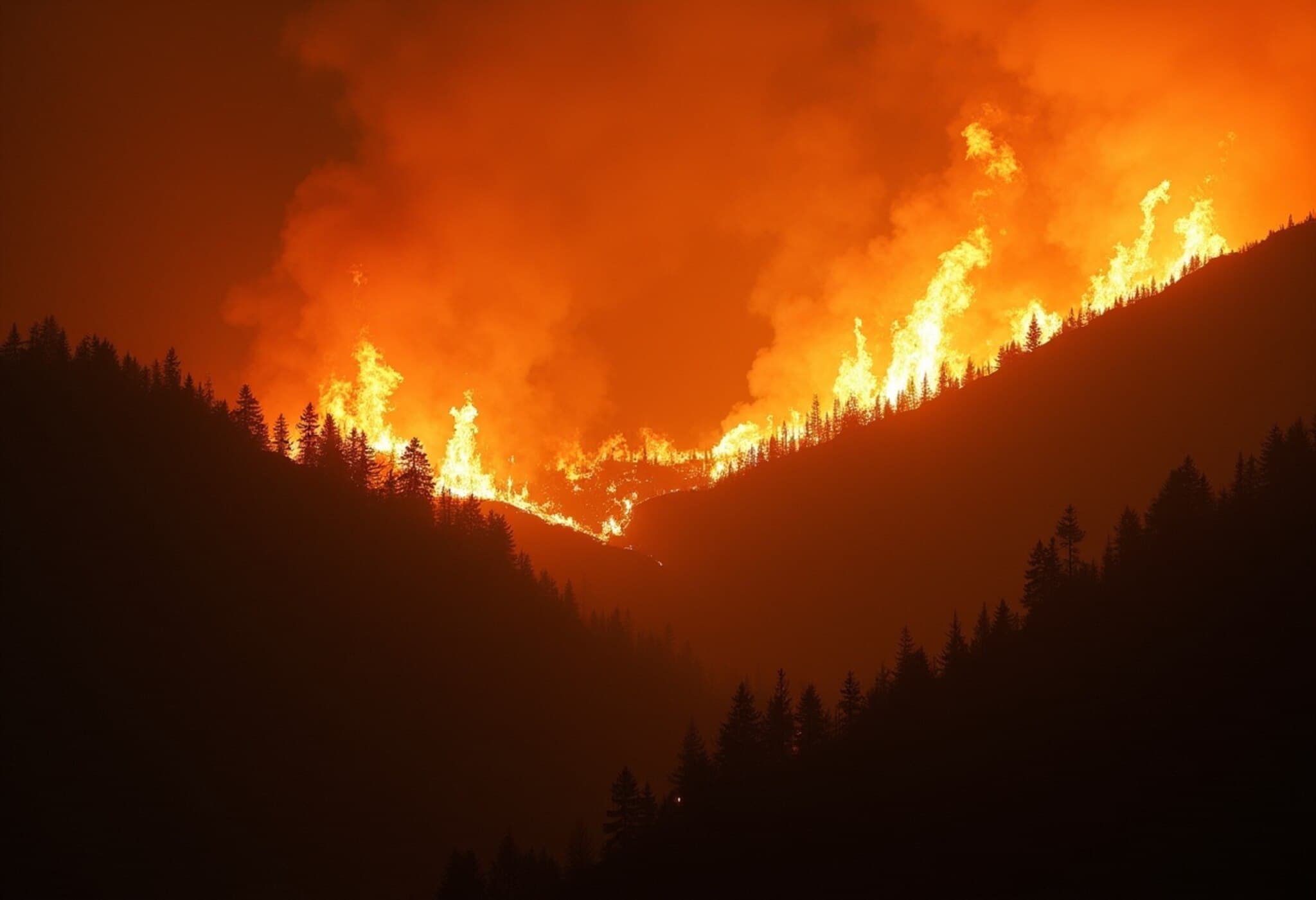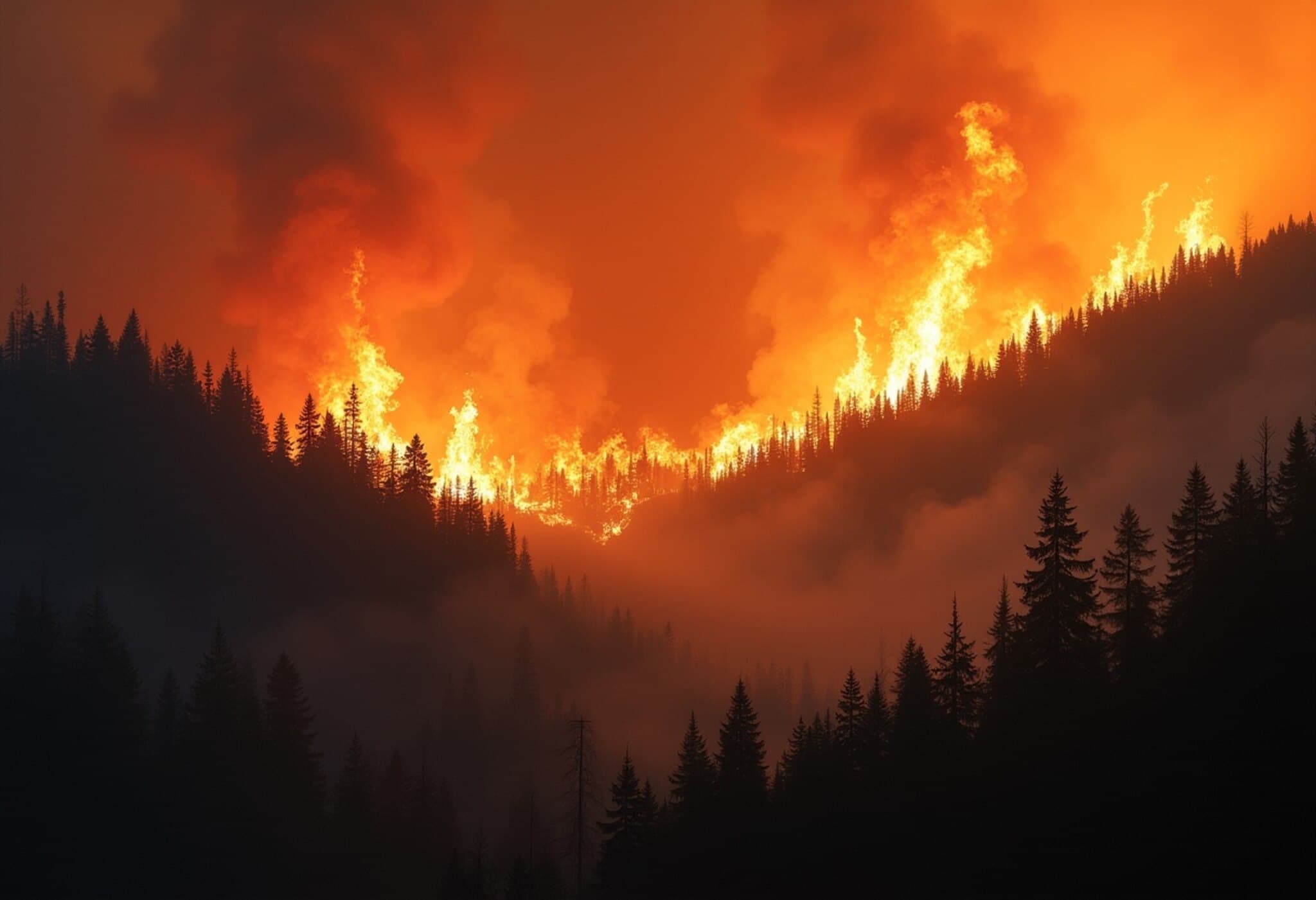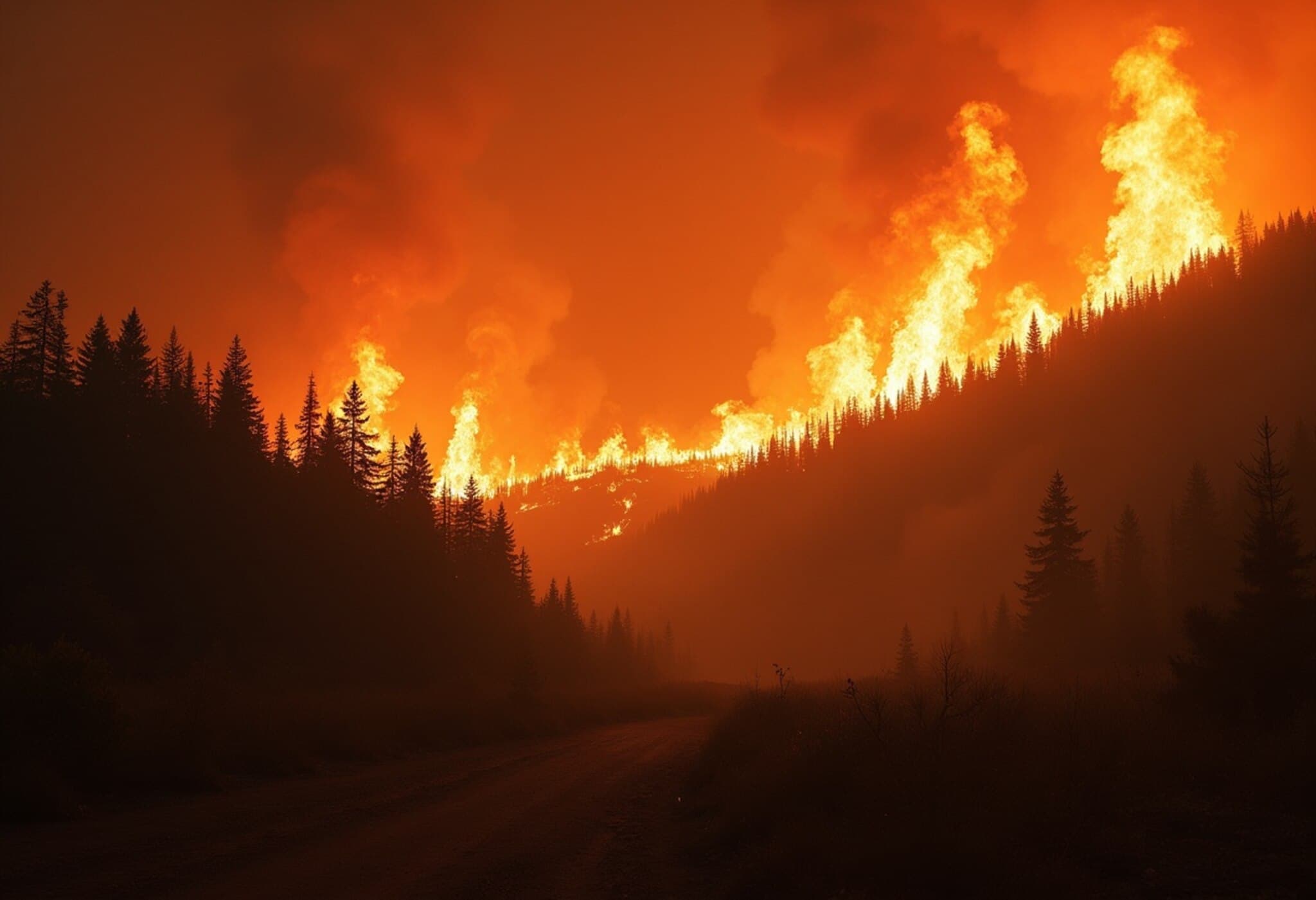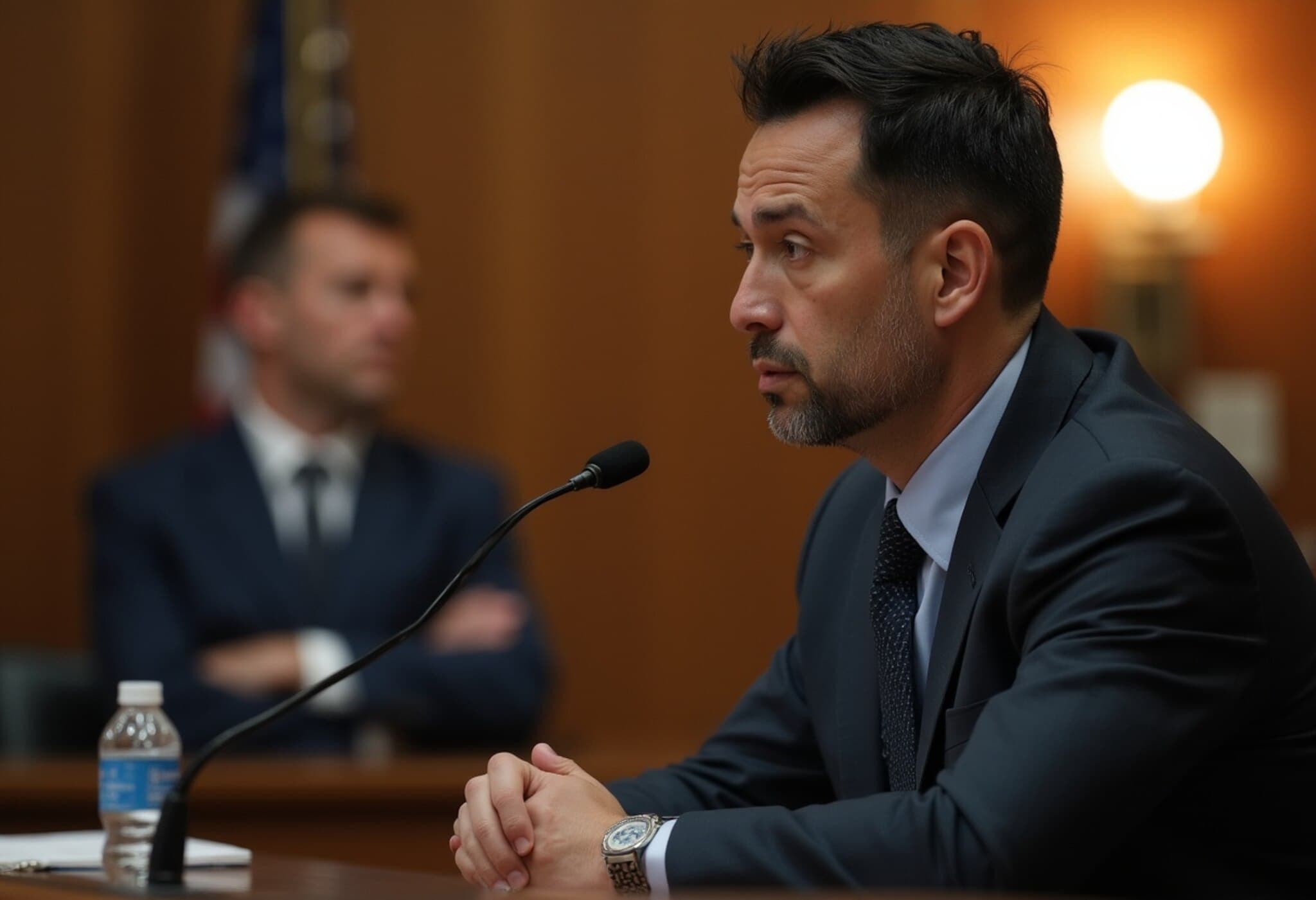California Judge Declares FAIR Plan's Smoke Damage Policy Illegal
A landmark ruling by a Los Angeles County Superior Court judge has found California's FAIR Plan— the state’s insurer of last resort— in violation of state law for its handling of smoke damage claims. Homeowners affected by recent wildfires, including the January 2025 firestorms, have long criticized the policy for offering inadequate compensation, a sentiment echoed in this decisive judgment.
Key Issues With The FAIR Plan Policy
Judge Stuart Rice stated that the FAIR Plan's coverage falls short of the requirements outlined in California’s Standard Form Fire Insurance Policy, which mandates coverage for all loss caused by fire without excluding smoke damage. Since 2017, the FAIR Plan required direct physical loss to be demonstrated as a permanent physical change, a definition that has constrained homeowners from receiving fair claims for smoke-related losses.
The policy’s language previously forced claimants to demonstrate smoke damage visible to the naked eye or detectable by average smell, effectively dismissing damage that could only be confirmed by laboratory testing. The judge ruled this requirement unlawful, noting that it impedes insured individuals from determining coverage eligibility.
Homeowner Frustrations and Rising FAIR Plan Enrollment
Many affected homeowners report being told to manage initial clean-ups themselves and have received low settlement offers, aggravating tensions. As private insurers retreat from California’s high-risk wildfire areas, enrollment in the FAIR Plan has surged dramatically — growing from fewer than 250,000 homes in 2021 to over 556,000 residences by March 2025.
This expansion underscores the FAIR Plan’s growing role and intensifies scrutiny of its policies, especially in fire-prone zones like the Palisades and Eaton areas, where policyholder numbers jumped nearly 50% last year.
Industry Responses and Potential Financial Implications
The FAIR Plan is currently reviewing the ruling but indicates it is unlikely to appeal, acknowledging ongoing updates aligned with the decision. FAIR Plan spokesperson Hilary McLean emphasized their dedication to balancing fair wildfire-loss coverage with financial stability for all insured.
Conversely, industry representatives warn that the ruling may drive up costs, as enhanced testing and broader coverage could inflate claim expenses, potentially resulting in increased premiums for policyholders relying on the FAIR Plan.
Legal Battles and Environmental Concerns
Homeowners like plaintiff Jay Aliff, whose Lake Tahoe cabin was damaged by fire in 2020, have challenged the FAIR Plan's inadequate payouts, which fell well below estimated damages. Numerous lawsuits allege that the FAIR Plan misrepresented its coverage and failed to conduct fair investigations into smoke damage claims.
Moreover, scientific studies highlight the severe health risks from toxic contaminants such as lead, cyanide, and carcinogenic chemicals embedded in smoke and soot residues—damages that insurance providers have inadequately addressed or tested for comprehensively.
Next Steps and Broader Impacts
The ruling marks a pivotal shift, compelling the FAIR Plan to reconsider and possibly overhaul its smoke damage policies. Legal advocates plan further motions to enforce statewide policy changes, which may impact thousands of past and current claims, including those from recent devastating California fires.
California’s Department of Insurance is simultaneously investigating the FAIR Plan’s claim handling practices, aiming to ensure fair treatment of policyholders going forward.
Homeowner Stories Reveal Hidden Dangers
Beyond legal battles, many survivors of California wildfires face lingering health threats from invisible toxic residue in their homes. Independent testing often reveals hazardous substances undetected by standard insurer assessments, challenging assumptions that homes not visibly burned remain safe to inhabit.
Families who have had their claims denied or undervalued express profound financial and emotional distress, struggling to afford necessary remediation or alternative housing while under threat from unseen fire-related pollutants.
Conclusion
This court decision delivers a significant blow to the FAIR Plan’s restrictive smoke damage policies, reaffirming homeowners’ rights to comprehensive coverage against all fire-related harms. It arrives at a critical juncture as wildfire threats intensify and insurance markets adjust, potentially setting precedents that reshape how fire and smoke damage claims are handled across California.

